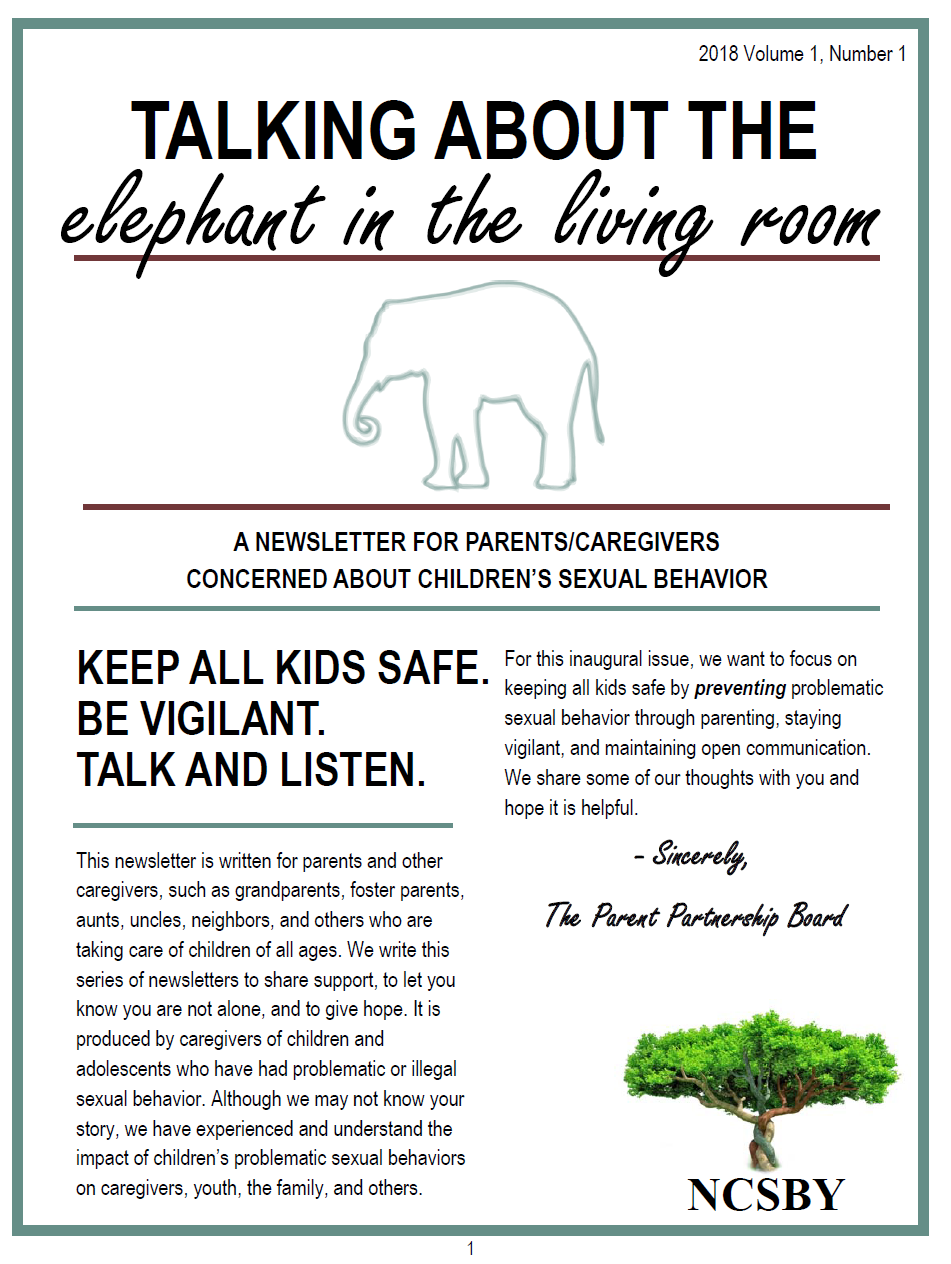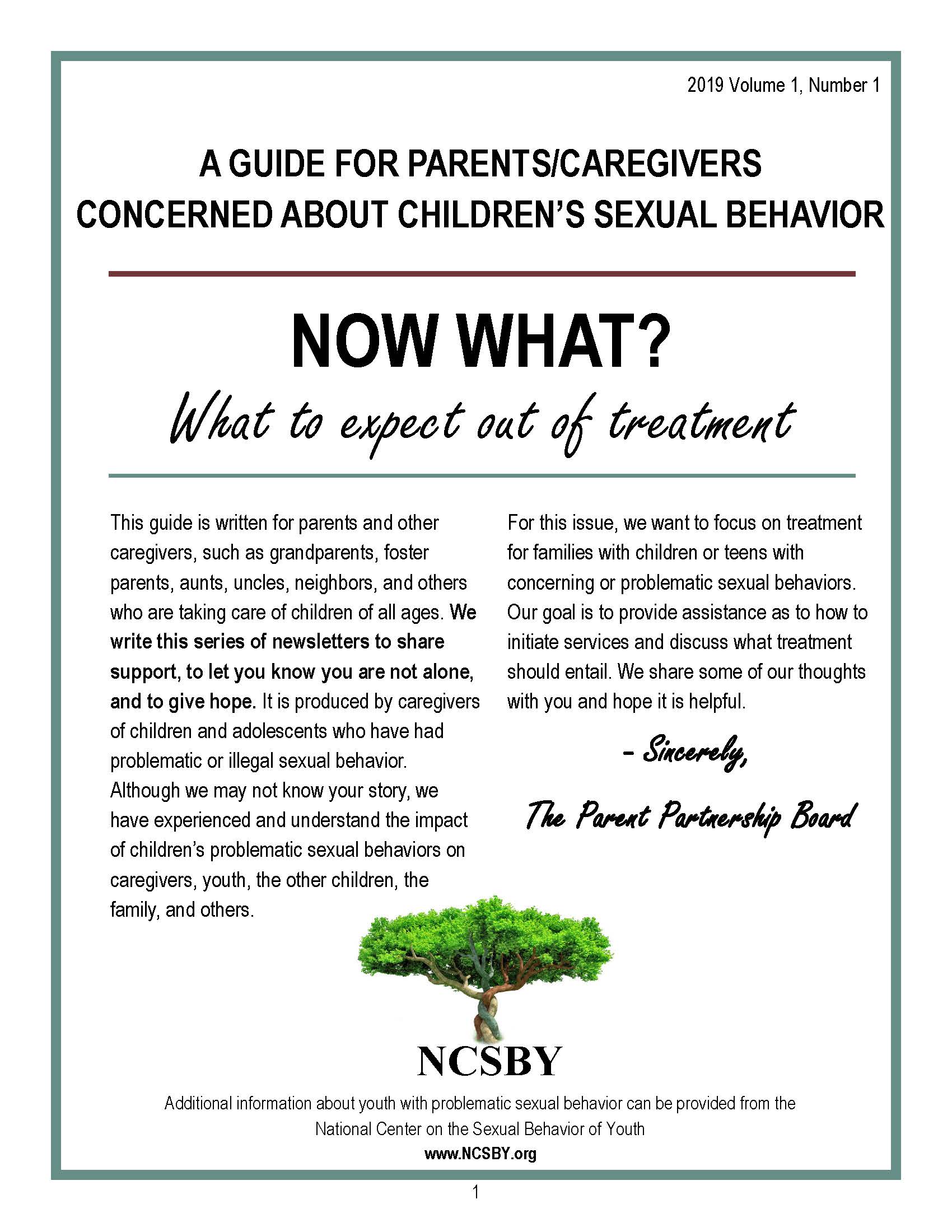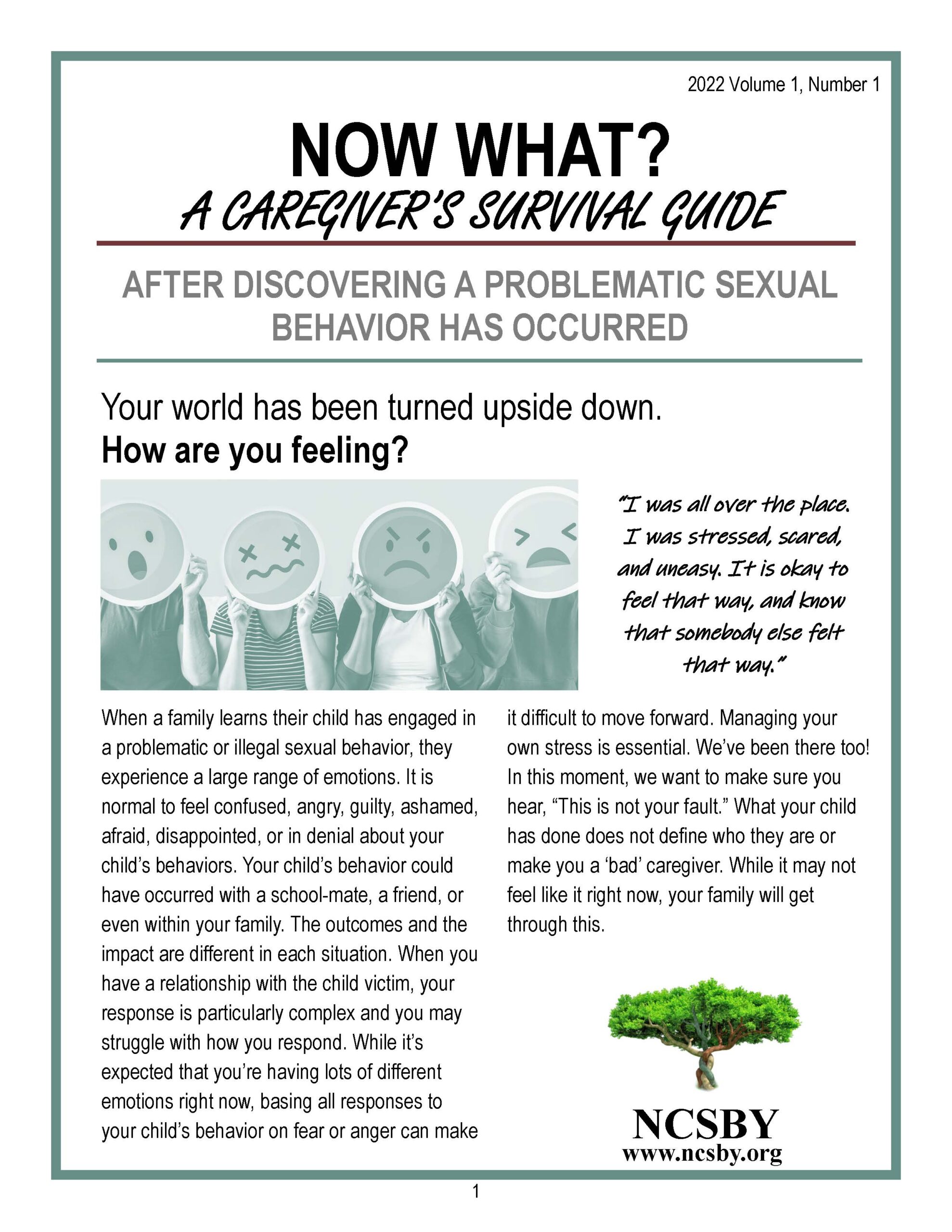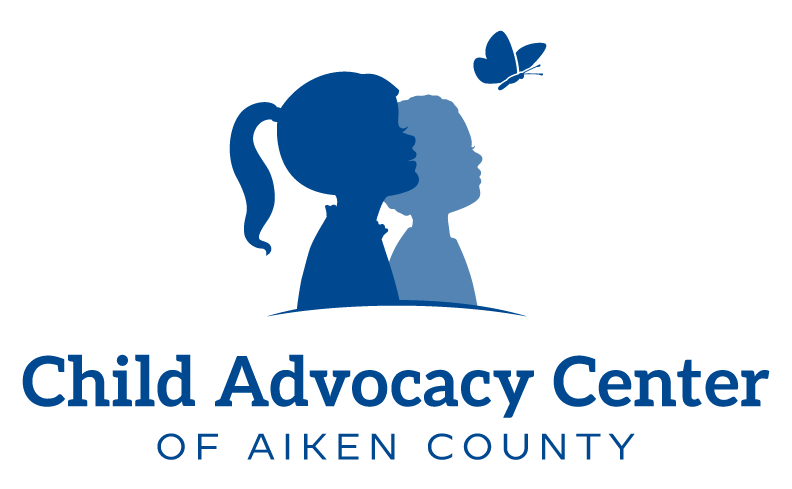INTRODUCTION TO PSB-CBT
Some sexual play among young children, like playing doctor or looking at private parts, may be considered normal. However, some sexual behaviors are inappropriate and potentially harmful to children. For example, some children display intrusive, aggressive, or coercive sexual behaviors.
There isn’t one type of child who develops problematic sexual behavior (PSB). Both boys and girls can have PSB. While some of the children have been sexually abused, many have not. Most children who have been sexually abused do not have PSB. Research suggests that many factors can contribute to developing problematic sexual behavior, including:
- Family sexuality patterns
- Exposure to sexual material
- Exposure to family violence
- Physical abuse
- Other non-sexual behavior problems
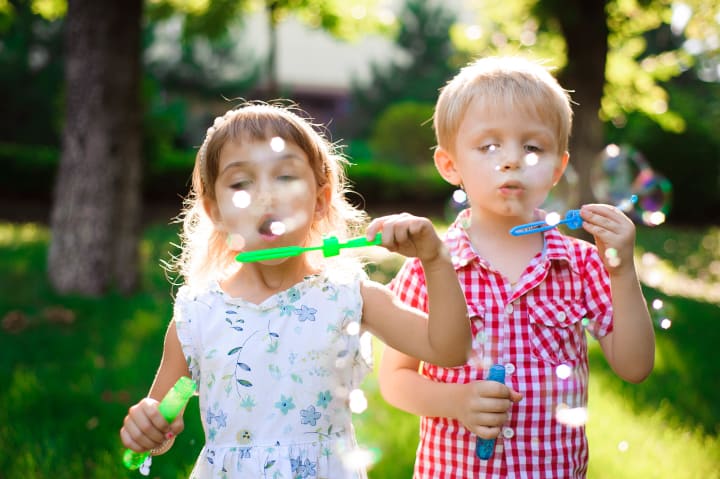
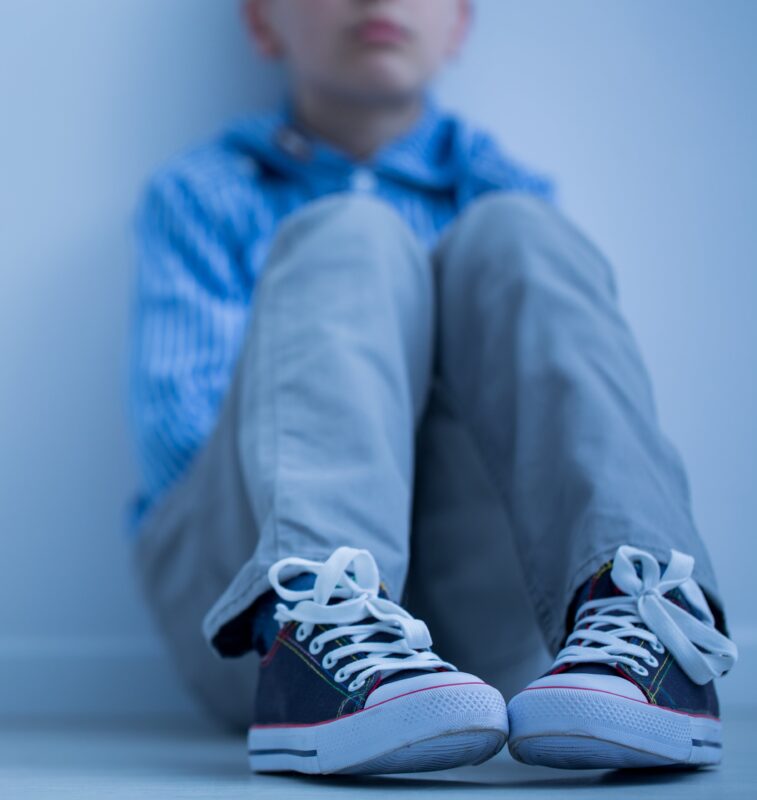
What are Problematic Sexual Behaviors?
Problematic Sexual Behaviors are child initiated behaviors which are sexual in nature, developmentally inappropriate, and potentially harmful to the child or others.
These behaviors may include:
- behaviors in which a child causes self-harm through sexual touches
- inappropriate sexual interactions with other children
- repeatedly exposing themselves to others
- excessive masturbation
- failure to recognize socially acceptable physical boundaries
- preoccupation with pornography and other sexualized content
- generation and/or dissemination of sexualized images of self or others

DID YOU KNOW?
The majority of children and youth who participate in PSB-CBT cease to engage in problematic sexual behaviors; the success rate among school age children is 98% ten years following completion of treatment.
treatment
If accepted into the program, children will learn:
- Rules about sexual behavior
- Privacy and boundary rules
- Coping skills and impulse control skills
- Social skills
- Empathy and impact of behavior on others
Caregivers must actively participate in this program.
They learn…
- To distinguish normal from problematic sexual behaviors in children
- Appropriate responses to children’s sexual behaviors
- Ways to prevent problematic sexual behavior
- Effective responses to other behavioral problems
the model
Many children with problematic sexual behavior can be helped with outpatient treatment. They can live at home and attend school and other activities without jeopardizing the safety of other children. Most of these children do not continue to have sexual behavior problems into adolescence and adulthood.
- Designed for school-age children (ages 7-12, approximately) and tailored to fit their needs
- Includes approximately 18-26 weekly sessions (60-90 minutes in length)
- Currently offered at no cost to families
- Short-term outpatient community based program
- Transportation assistance available for those in need
- Services provided by licensed mental health clinicians
- Graduation from the program is based on the child and caregiver’s progress in improved behavior and skills.
REFERRAL INFORMATION
We are accepting referrals from a variety of community partners, including, but not limited to: child protective services, daycares, law enforcement, schools, community providers, and families themselves.
Please call the Child Advocacy Center of Aiken County with any questions or to speak with a staff member about additional options for your child by calling (803) 644-5100. Office hours are Monday through Friday, 8:30 a.m. to 5:00 p.m.
CAREGIVER RESOURCES
Taking Action: Support for Families
Parents and families play a significant role in the successful treatment of their children and adolescents. Written by two of the leading experts in the field, each Taking Action booklet provides concise and practical information families and caregivers need to prepare for the important challenges ahead.
- Taking Action: Support for Families of Children with Sexual Behavior Problems (ages 3-12)
- Taking Action: Support for Families of Adolescents with Illegal Sexual Behavior (ages 13-17)
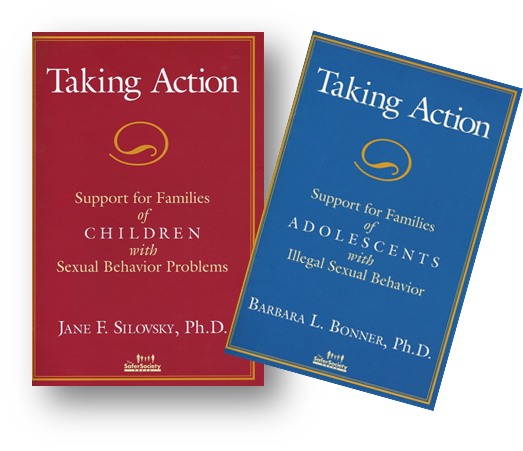
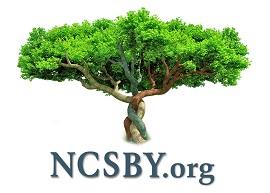
About the following resources…
